This December, we can’t resist curling up with USA Today best-selling author Sonali Dev’s newest piece of work, called “a cozy cup of chai of the soul” by Kirkus Reviews. As the first book released by actress Mindy Kaling’s (The Office) new Amazon Little A imprint, The Vibrant Years follows three generations of Indian-American women, bringing the reader into their experiences of walking the line between 21st-century ambition and traditional expectations.
Read on for our exclusive interview with Sonali Dev about her writing process, working with Mindy Kaling, and the character that surprised her most.
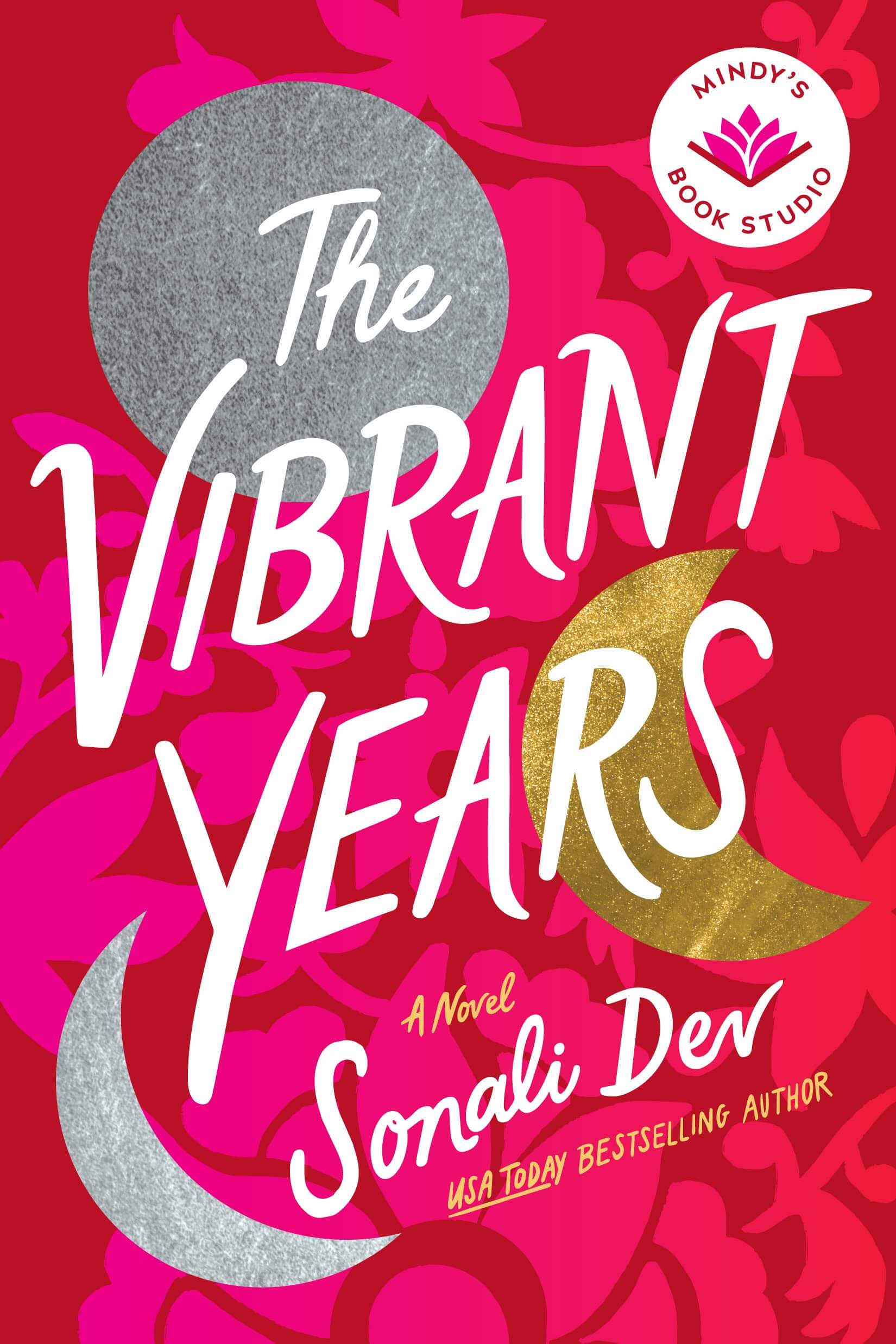
This is a departure from your last several books that centered on the Raje family. What sparked the inspiration for The Vibrant Years?
The Vibrant Years is everything I’ve always wanted to say about being a woman. I wanted to write a story that celebrated women coming into their power— sexually, intellectually, and socially. The modern dating scene is such an ironic allegory for how far women have come in terms of the choices they now have, and I wanted to use that as the backdrop against which these three generations of baddass women find how to live on their own terms.
What’s the story behind The Vibrant Years being the first book released by Mindy Kaling’s new Amazon Little A imprint, Mindy’s Book Studio?
The work Mindy has done over the past few decades has changed the landscape for diverse creators. When she envisioned Mindy’s Book Studio I believe she was looking to shine a light on unique and entertaining voices that need to be heard. I had written The Vibrant Years as a culmination of all the things I’ve always wanted to explore: the nuances of immigrant life, generational influence, and overcoming trauma caused by patriarchal structures, but also stories centering characters of color who seek joy and laugh at themselves and their world. It was a case of opportunity meeting a labor of love, a perfect fit. And given how much I respect Mindy’s talent as a writer, also a huge honor.
What were two things that surprised you while writing this book, say in terms of new plot twists or how the story developed while writing?
This book was a true joy to write. At the very outset I knew the characters really well, but for a long time I wasn’t exactly sure how I was going to tie the past with the present structurally. But when Oscar Seth’s journal entries at the start of each chapter came to me, everything fell in place. It also gave me a chance to dive into something I’m endlessly fascinated by: Old Bollywood cinema and film preservation. The thing that surprised me most, however, was Bindu Desai. She’s possibly one of my favorite characters ever (although all three of these women are pieces of my heart). I feel like older women are often written as stereotypes. They are either bawdy and cynical or then fonts of affectionate wisdom. Bindu is the kind of sixty-five year old my friends that age are. It’s how I think my friends and I will be: alive, growing, desirous of things, and a lot of fun! Even with that goal, I found myself stumbling on ageist terminology and having to work to remove it from my own narrative. It’s amazing to me the things I learn about myself and the blind spots I discover when I write.
And on end of that last question, do you outline or let the story just flow onto paper?
It’s a mix of both those things. In general my writing process is incredibly chaotic and yet terribly simple. I know my characters—who they are, what’s wrong with them, what’s wonderful about them and I know the incident in their lives that they need to move past and the incidents that will take them there. So my planning process is a set of incident-bubbles on a page that then get interconnected by ever changing arrows and lead to the characters reaching a place where they can reconcile the story question I’m exploring.
Which of your books has been your favorite/least favorite to write, finish, and/or see the reception from readers?
I can say in all honesty that every book I’ve written has been equally gratifying by the time I finish it. There’s supposed to be a hormone that releases in our brains after childbirth that’s supposed to make us forget the details of the pain. There must be something like that with the creative process, because I know that I go through periods of misery while writing, but when I’m past it, it’s like it never happened. I will say that A Distant Heart which is my only book set entirely in India, and is possibly my most critically acclaimed novel, got the least traction and that really surprises me.
Shelf Awareness calls you “Not only one of the best but one of the bravest romance novelists working today.” What is your favorite thing about writing romance?
More than any other genre, romance novels deal in emotions, relationships, and agency. At their heart, they’re the very human journey of learning to love yourself enough to feel deserving of love and joy. Right from birth, we’re constantly bombarded with all the things we can’t do and can’t be and don’t deserve. To me, writing romance is about coming into yourself by fully owning your body, your dreams, your whole self. That’s what I love most and why I write what I write.
What do you read to get inspired?
The authors who never cease to give me back my writing mojo when I lose it are Liane Moriarty, Christina Lauren, Kristan Higgins, Kennedy Ryan, Kate Clayborn, and Barbara O’Neal.
What are you currently working on?
My next novel, which is the story of a friendship that was destroyed by a surrogacy arrangement.
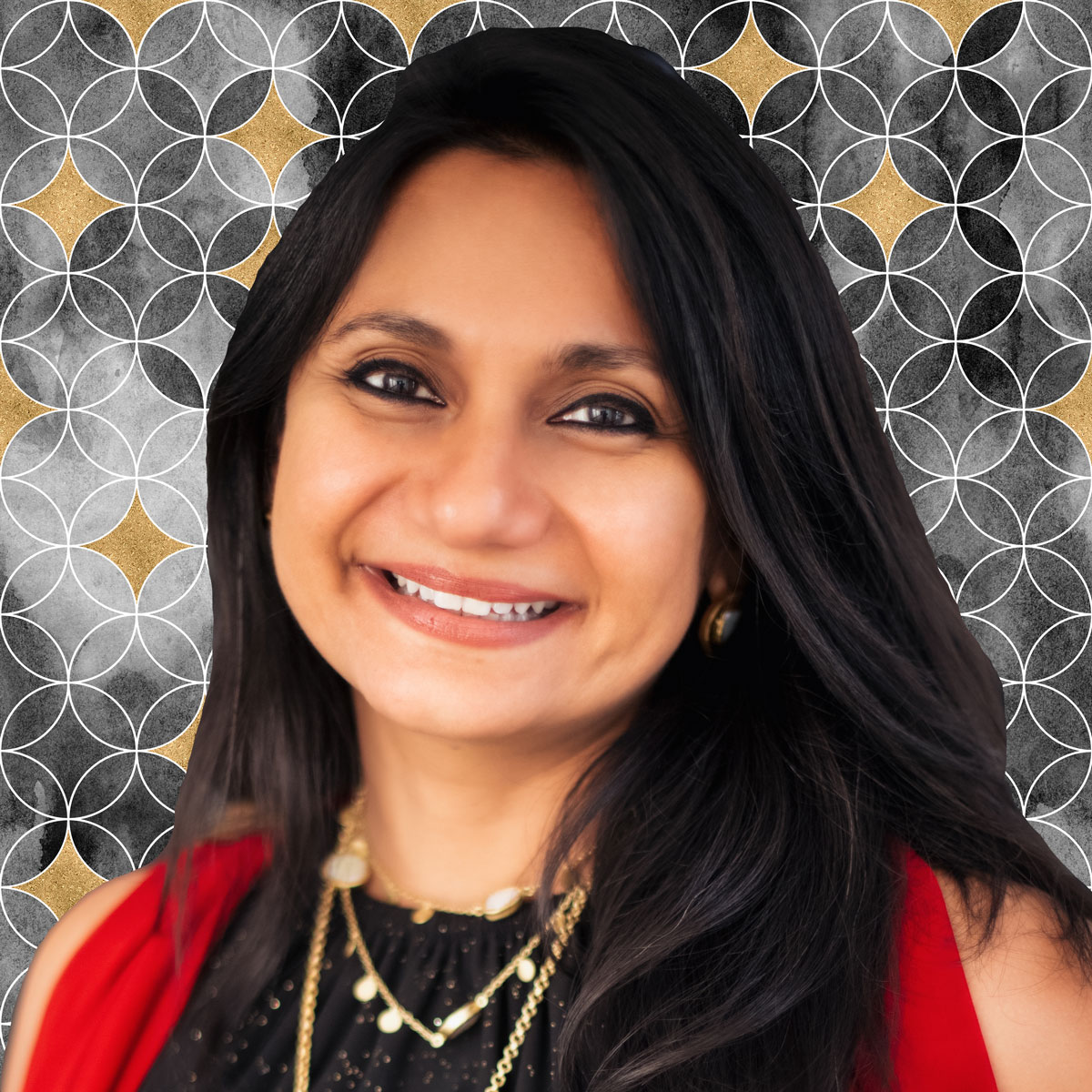
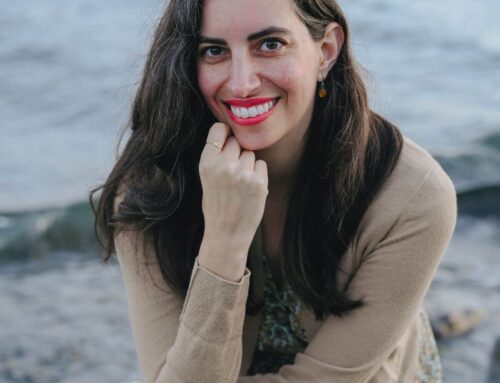
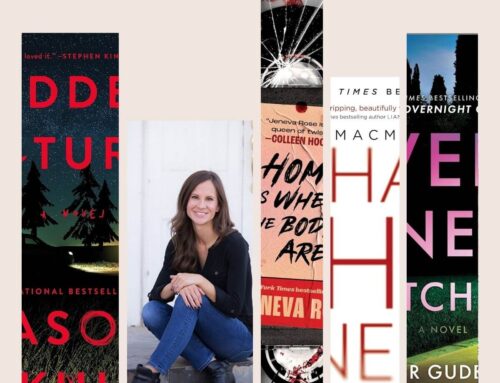
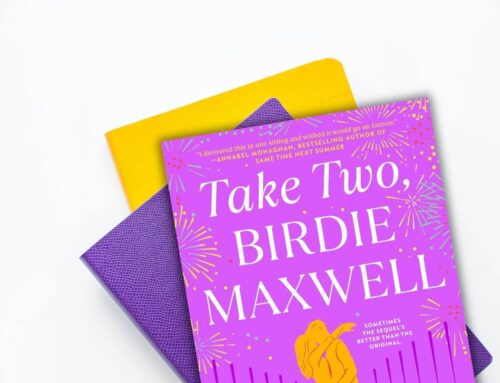
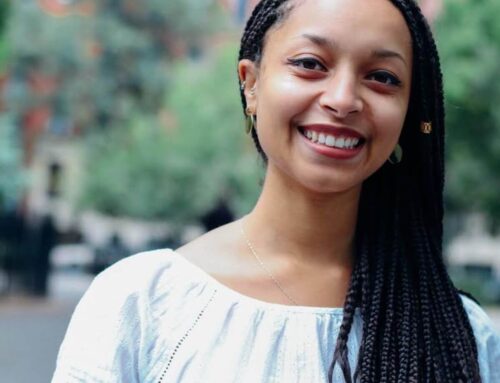
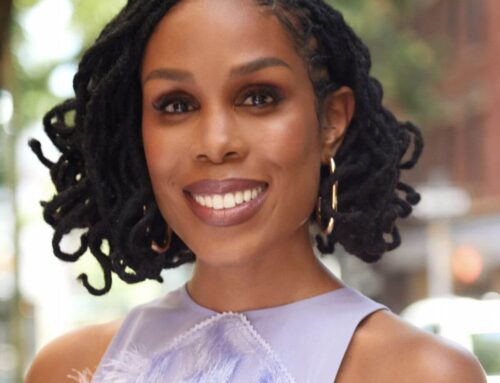
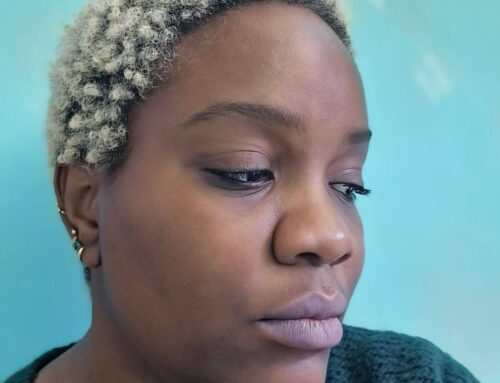
Leave A Comment